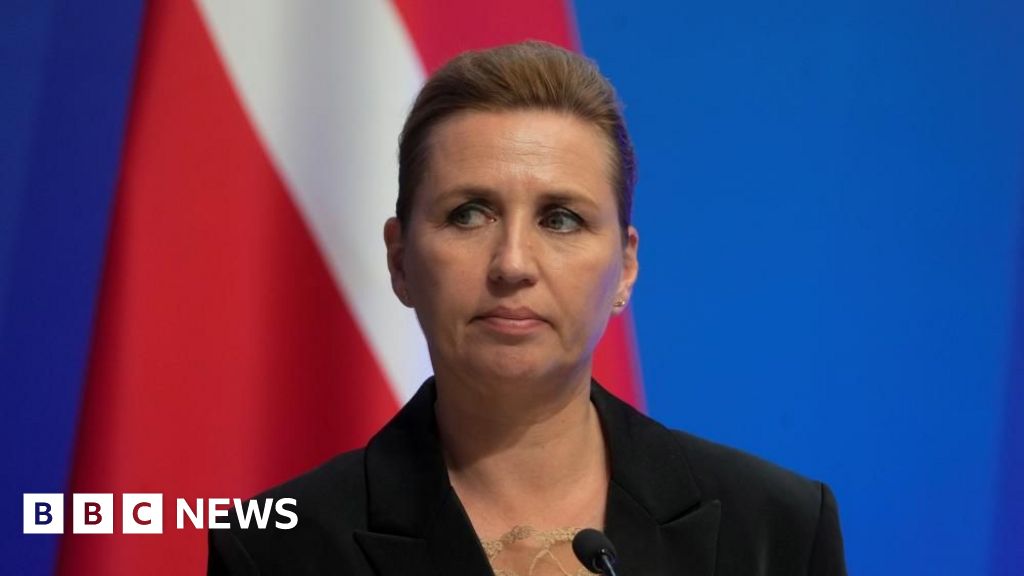The Danish government is set to introduce groundbreaking legislation aimed at shielding citizens from the risks associated with deepfake technology, which has rapidly evolved to create hyper-realistic images, videos, and audio. This pioneering bill aims to amend copyright law, granting individuals the authority to demand the removal of unauthorized digital impersonations on social media platforms.
As artificial intelligence technology continues to advance, deepfakes have become increasingly challenging to detect, raising alarm bells about their potential misuse for nonconsensual pornography, fraud, and the dissemination of false information. In response, various authorities globally are striving to implement measures that address these concerns, but many existing regulations are often focused on penalizing the adverse effects of the technology rather than its underlying legality.
Danish Culture Minister Jakob Engel-Schmidt emphasized that the current legal framework has become inadequate in keeping pace with technological advancements. He stated, “Technology has outpaced our current legislation,” adding that the new bill represents a significant step toward safeguarding citizens' fundamental rights as personal privacy faces unprecedented challenges in the digital era.
Supporters of the legislation express optimism that Denmark's initiative could serve as a model for other European Union nations, especially as the country assumes the EU presidency. This bill reflects an essential shift in the approach to copyright issues, promoting the protection of individual image rights in the age of misinformation and digital manipulation.
As artificial intelligence technology continues to advance, deepfakes have become increasingly challenging to detect, raising alarm bells about their potential misuse for nonconsensual pornography, fraud, and the dissemination of false information. In response, various authorities globally are striving to implement measures that address these concerns, but many existing regulations are often focused on penalizing the adverse effects of the technology rather than its underlying legality.
Danish Culture Minister Jakob Engel-Schmidt emphasized that the current legal framework has become inadequate in keeping pace with technological advancements. He stated, “Technology has outpaced our current legislation,” adding that the new bill represents a significant step toward safeguarding citizens' fundamental rights as personal privacy faces unprecedented challenges in the digital era.
Supporters of the legislation express optimism that Denmark's initiative could serve as a model for other European Union nations, especially as the country assumes the EU presidency. This bill reflects an essential shift in the approach to copyright issues, promoting the protection of individual image rights in the age of misinformation and digital manipulation.




















